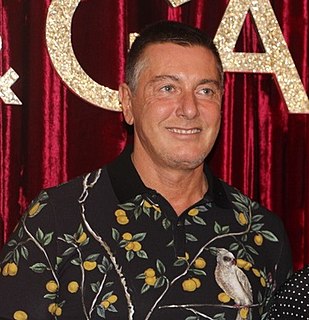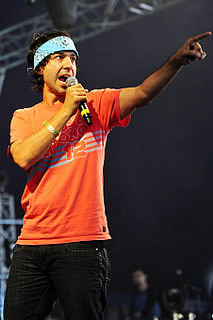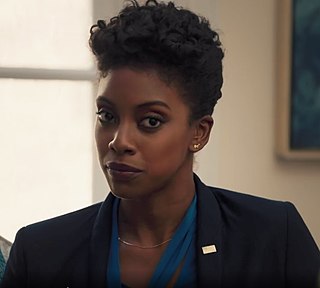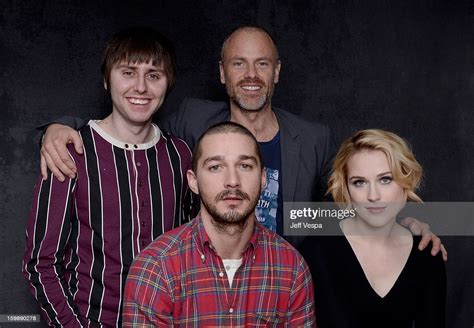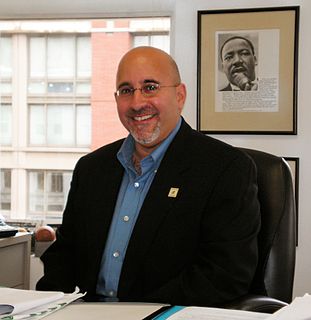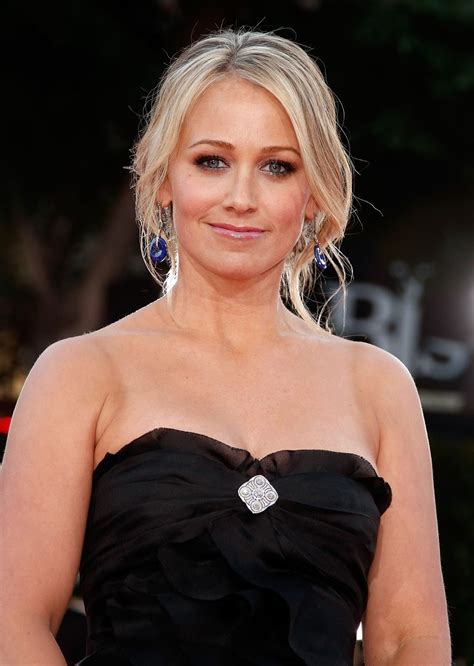A Quote by Cindy Sherman
Early in my career, a critic said that I needed to "explain" the irony in my work, suggesting that I needed to add text next to the images to help people understand what I was trying to say. At first I was dismayed that I wasn't making work with a clear enough message. That's when I realized that that was the exact opposite of what I wanted to do - that I wasn't responsible for a misinterpretation of my work, that there should be some ambiguity to it. They either got it, or they didn't.
Quote Topics
Related Quotes
My mother taught me the principles of hard work, setting my own goals and visualizing my future. From my early days with Destiny's Child, I understood I had to be focused and dedicated if I wanted true success. We were taught we needed a plan and the discipline to execute that plan to the fullest. I strongly believe if you work hard, whatever you want, it will come to you. I know that's easier said than done but keep trying.
I never had any intention nor interest in being an artist, but when I made work I realized that this was my language. What I had to say needed to be said in this way. I always loved taking photographs - but never considered myself a photographer. I have tremendous respect for photographers. I do use a camera and a photo as a basis for a lot of my work, but I use it as a means to attain an image to work from. The actual photography in my work is a monochromatic photograph. I'll photograph something and extract a color that will then be the background for a painting.
I get bored with things easily. I always have to change something to keep myself excited. When I feel like I did a really good classical and acoustic album, the next thing I want to do is the opposite. And then I want to do the opposite of that. When I work alone after that, I feel like I should work with a lot of people. When I work with a lot of people after that, I feel that I should work alone.
I asked Shia: who is the guy that terrifies you the most? And he said Mads. So it was somebody we both really wanted to work with. He's intimidating, but has a really big heart and he's sexy. He's got this sexiness, even guys fall for him. He just penetrates everything-not literally. So we needed a brokenhearted thug that could really give us the heartache. And going between the violence and viciousness and the complete softness without making it too much. A lot of those characters can go into a charade, and I needed it to be genuine heartbrokenness and that's what he's great at doing.
Courts should always do the right thing. But if winning were as simple as making a good argument and filing a good brief, then we would have won the freedom to marry 40 years ago. We must put the legal work next to the public education work next to the legislative work next to the organizing work, and that's what's brought us so far.
I feel like I'm changing as a human being, and I think that the work needed to be in line with where I'm at. When I was younger and I was making political work, I was trying to figure out where my work fit in because when you're young you're like, "I don't know." I'm Latino, I grew up in Mexico, and so I thought that maybe I had to talk about those things. Then finally I didn't need my identity to rely on anymore. So now the work is becoming about more esoteric things, I guess - my own sort of language.




